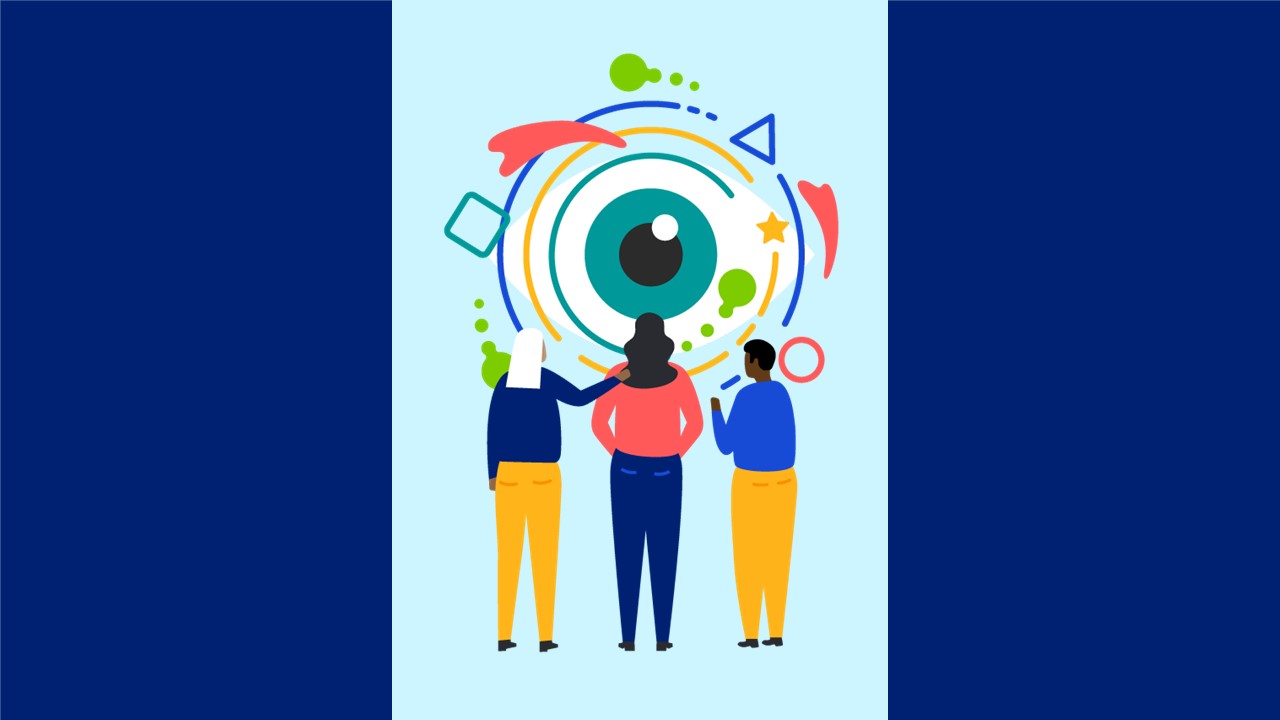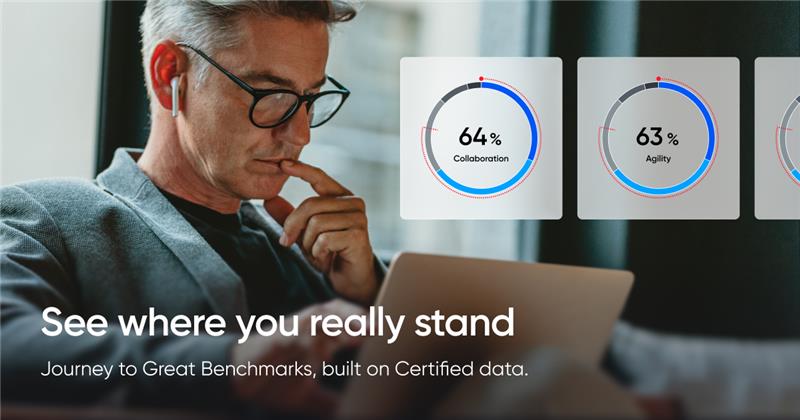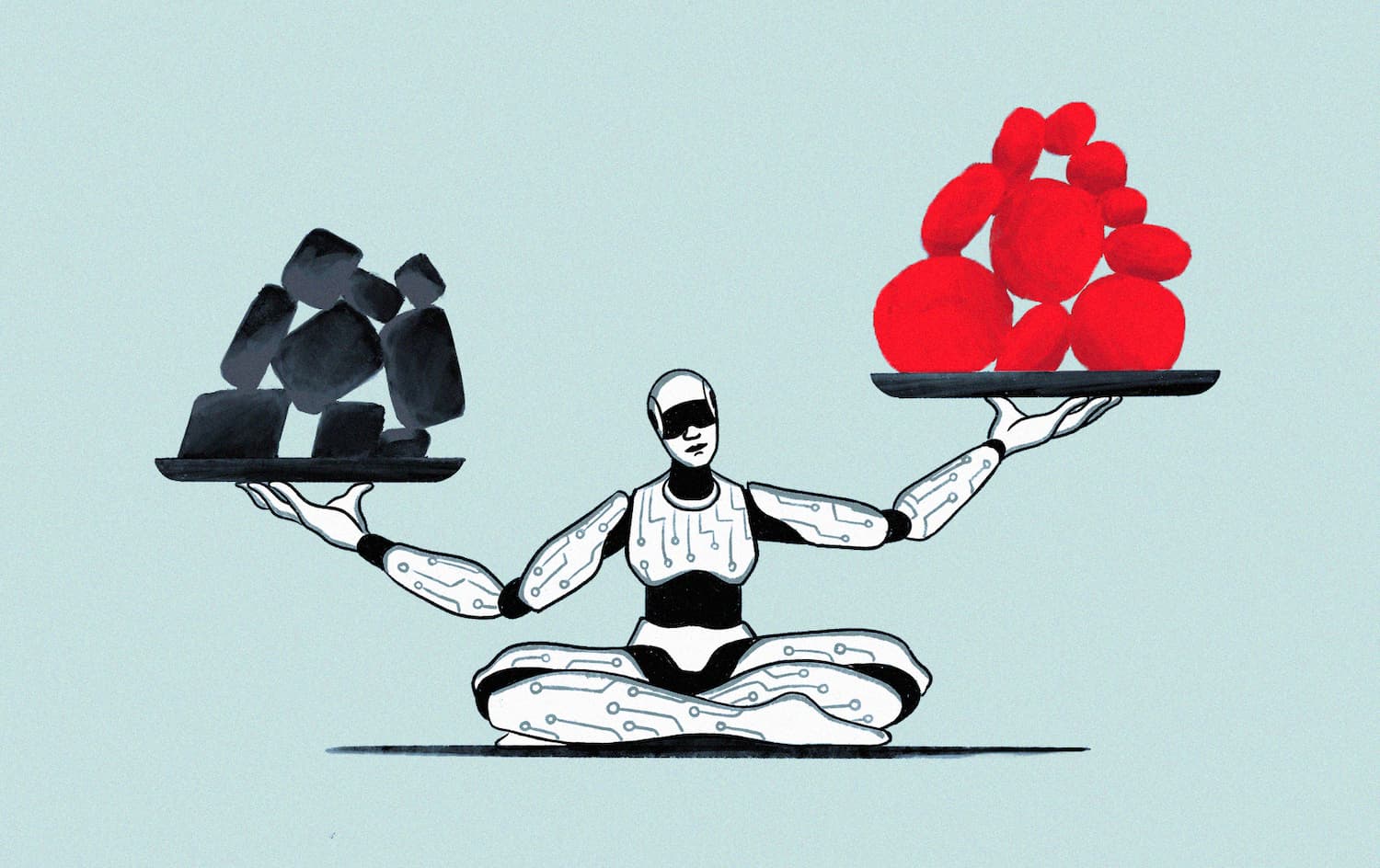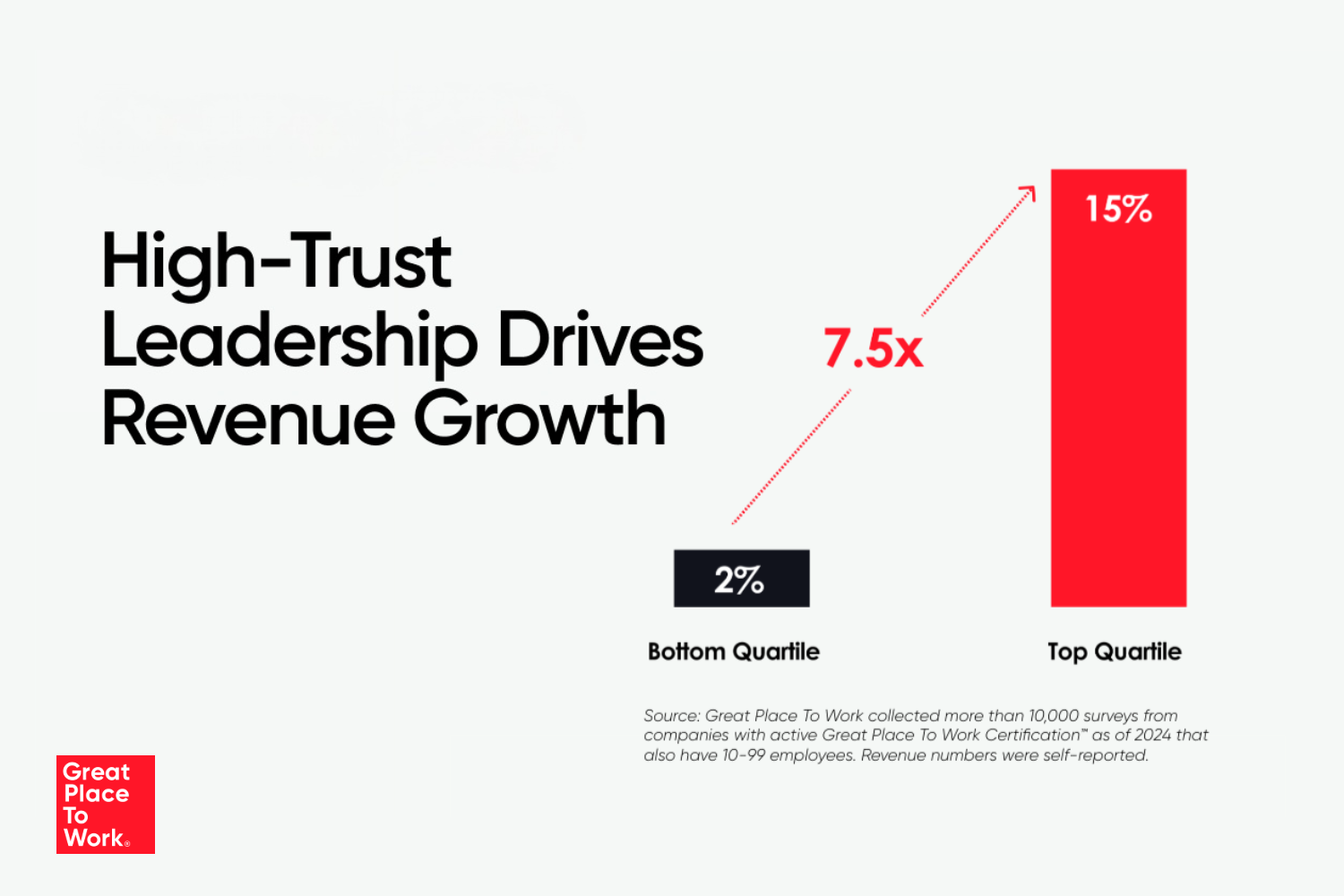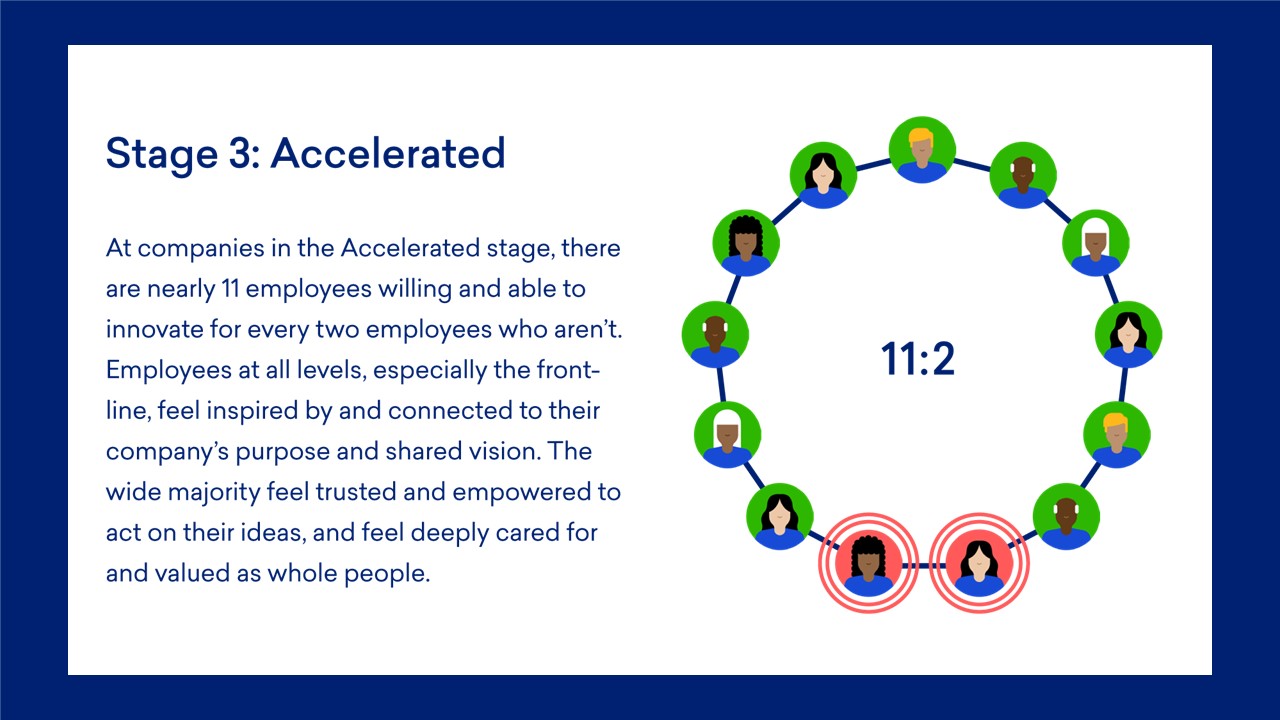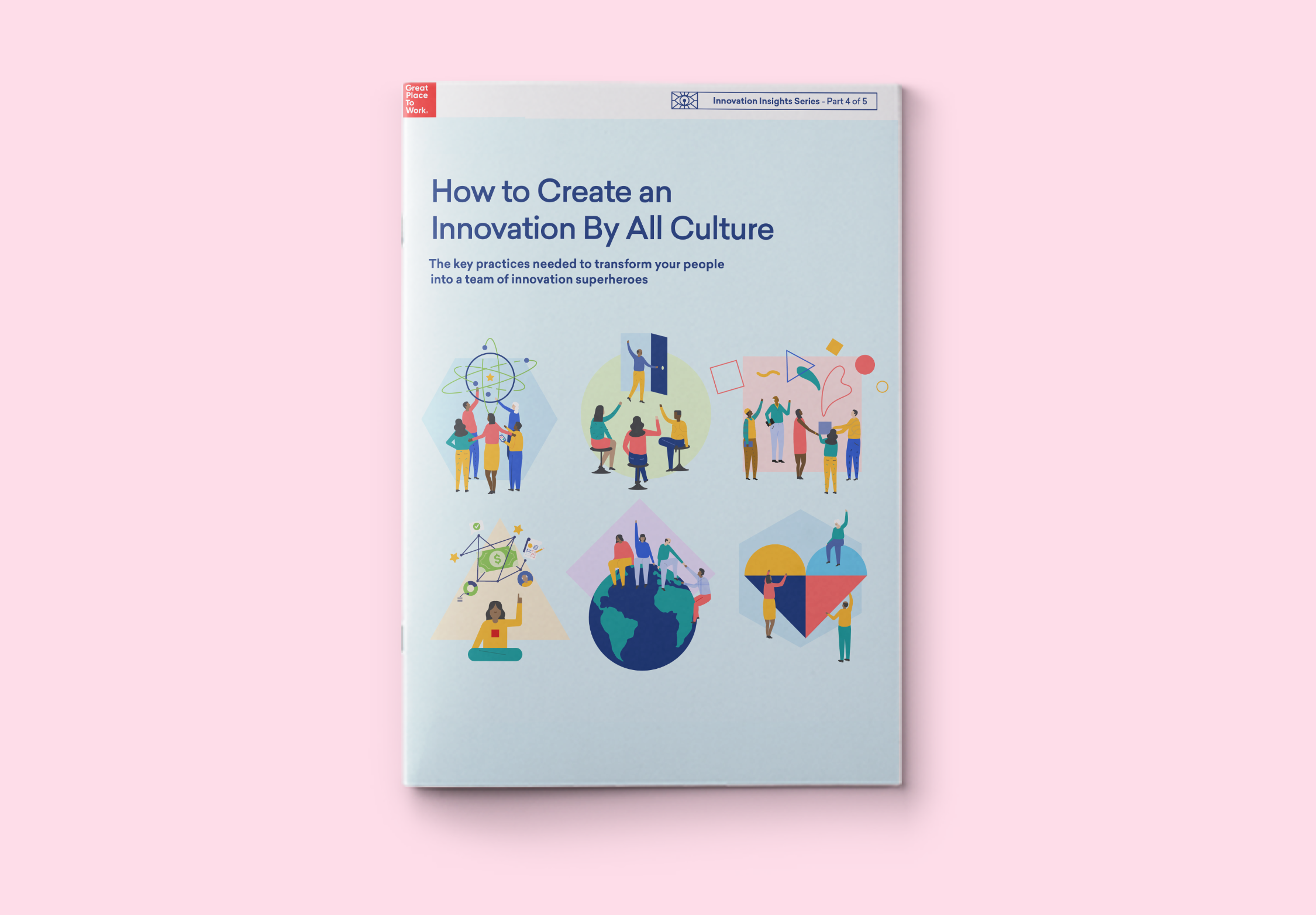
AI (Artificial Intelligence), Benchmarks & Trends, Diversity & Inclusion, Employee Experience, FOR ALL, Innovation, Leadership & Management
How is Quicken Loans tapping into Innovation By All to race ahead of the competition? Take a look at Olya Kenney. One of Quicken Loans’ more than 17,000 team members, Kenney is a User Experience Specialist, as well as the idea originator and strategic leader of the “Empathy Generator”—a tool developed at Quicken Loans to help team members create products that are accessible to people with disabilities. “Twenty percent of U.S. internet users statistically have a disability.” Kenney shared. “So if we can engage that huge market segment, on one hand it’s the right thing to do, but on the other, it’s an investment for the company.”
Originally, Kenney was hired to teach team members how to create user experiences that are ADA compliant. After a short time in her role, Kenney saw an opportunity to take training to another level by combining cutting-edge technologies in a way that greatly improves the efficiency of learning. First, she realized that harnessing the power of virtual reality would be a far more effective way to educate team members, thus helping Quicken Loans’ coders and designers create effective user experience for disabled customers.
As an example, millions of people in the U.S. have vision problems or are colorblind, and often encounter difficulties distinguishing text from a background color. According to Kenney, “There are nearly three times more individuals with low vision than those with total blindness, and one out of twelve people has some sort of color deficiency. So, from a programming perspective, it is critical to consider adequate contrast between text and backgrounds.”
To generate ADA-compliant software that responds to a host of disabilities, including vision limitations, Kenney envisioned the Empathy Generator—a virtual reality tool that would give team members, such as coders, designers, and researchers, the experience of having the disabilities they were trying to solve for.
In the example of vision limitations, Kenney’s Empathy Generator offers a training module featuring a desk scene where the company’s designers and developers select and simulate varying degrees of visual impairment. They learn how to understand and accommodate the needs of such users. The training module also gives instructions on proper contrast techniques, ADA-compliant pie chart designs, and more, ultimately resulting in a far better user experience.
When Kenney conceived the Empathy Generator, she was not in a leadership role or even in a product development role. At many companies, that would have spelled the end of Kenney’s idea and its potential. Thanks to Quicken Loans’ distinct culture, Kenney was encouraged to build and launch the team she needed. Kenney started by approaching the legal team for help in supporting her strategy, and then used the company’s practice of “Bullet Time”—sanctioned periods each week for the company’s team members to ideate and collaborate—to gain buy-in from leaders and map out the skills she would need for her team. She began searching Quicken Loans’ online directory to identify current team members. Once the team was together, the Empathy Generator was born.
The Empathy Generator has since been heralded across the company as a groundbreaking innovation, and Quicken Loans is working towards rolling it out across their mainstream product lines. They are also exploring rolling it out internally as a way to foster diversity and inclusion among their own team members and to help with recruitment efforts. Finally, Kenney is currently working with the Quicken Loans Diversity and Inclusion team, providing guidance toward the build out of augmented reality features, which may eventually result in new revenue opportunities.
“The reason I love Quicken Loans so much is that we don’t actually have to ask permission, we just need to work in harmony with a variety of teams,” says Kenney, adding that there is a “synergy of great minds.” It’s this spirit that captures the height of maturity seen among companies who practice Innovation By All and maximize every worker’s full human potential. Employees with great ideas, like Olya Kenney and the Empathy Generator, exist at every company. The question is, how can companies ensure they are capitalizing on them? And for those that aren’t, what is the cost of neglecting this potential?
Download our Innovation by All report today for the full story.


